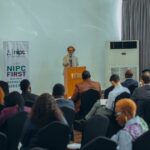Banks vs.Smugglers: Nigeria’s Financial Sector Joins the Frontline in the Fight Against Migrant Smuggling.
By Raymond Enoch
In the shadows of organized crime, where desperate journeys meet ruthless profiteering, money tells the real story.
Nigeria, financial institutions are stepping into the spotlight as critical allies in a bold, strategic push to dismantle the smuggling of migrants.
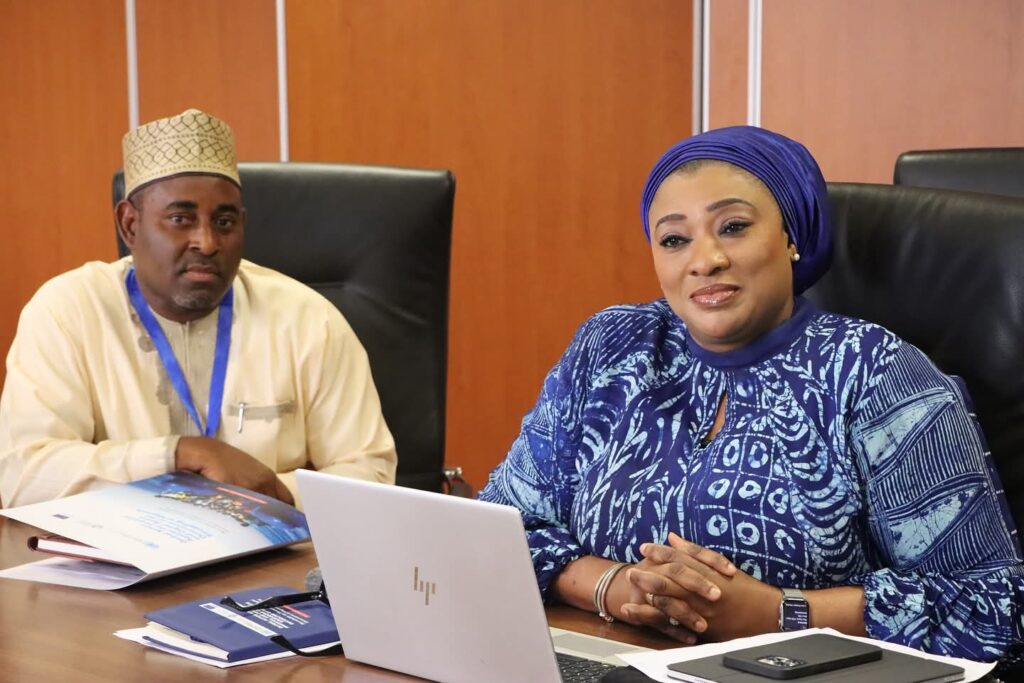
The United Nations Office on Drugs and Crime (UNODC), with funding from the European Union Delegation to Nigeria, is spearheading an initiative that places banks and other financial actors at the heart of efforts to identify and disrupt the criminal networks driving migrant smuggling.
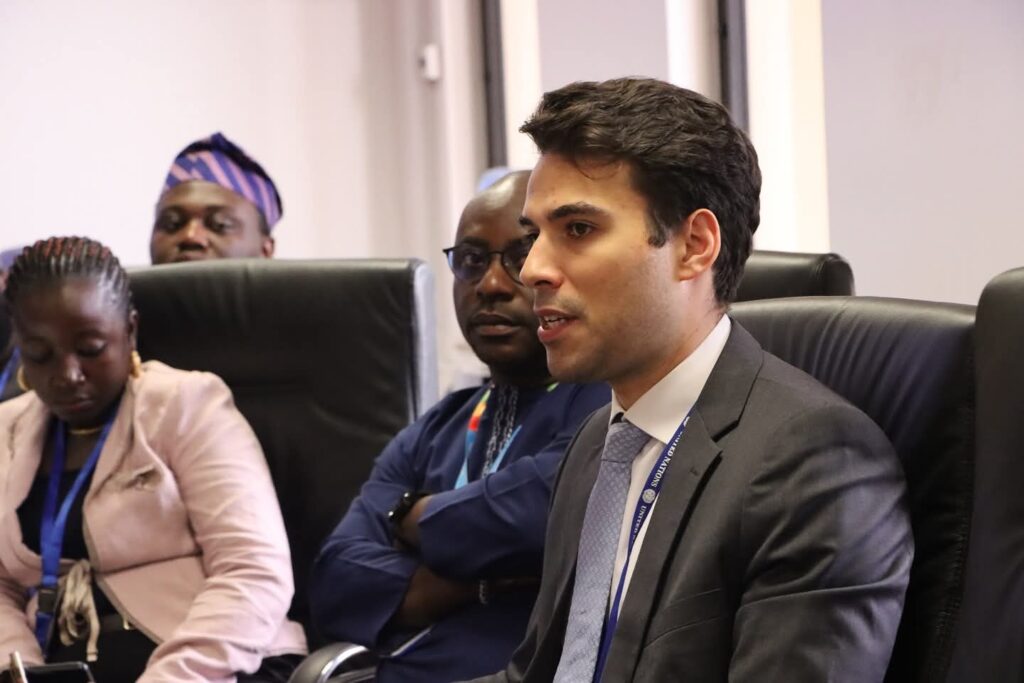
At the core of this initiative is a recognition: follow the money, and you’ll find the smugglers. UNODC is working closely with Nigeria’s financial sector to assess the nation’s capacity to detect, investigate, and prosecute crimes linked to the smuggling of migrants. The project also focuses on identifying suspicious financial patterns, including typologies and red flag indicators that signal SOM activity. Most crucially, it aims to foster deep collaboration between law enforcement and financial institutions to choke off the illicit funds that keep these criminal enterprises alive.
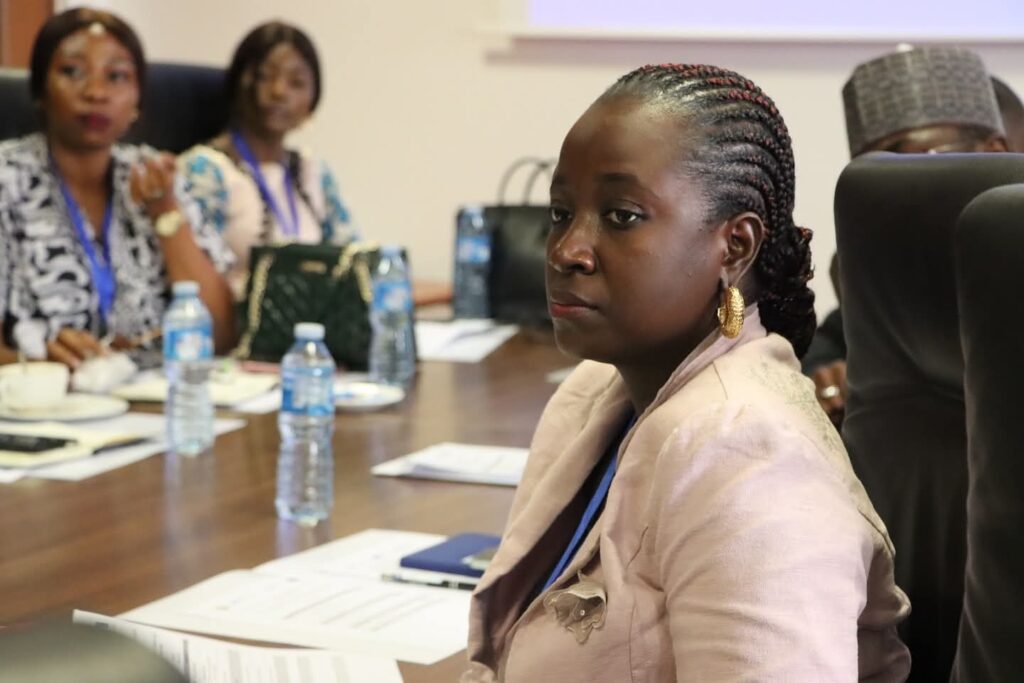
“This is not just a law enforcement issue—it’s a financial crime with human consequences,” said a UNODC spokesperson. “By disrupting the money trail, we are dismantling the business model behind migrant smuggling and safeguarding vulnerable lives.”
Nigeria remains both a transit and origin country for irregular migration, making it a key battleground in the global effort to end migrant smuggling. Criminal groups, often part of broader transnational syndicates, profit massively by charging exorbitant fees to smuggle individuals across borders—frequently exposing them to violence, exploitation, and even death.
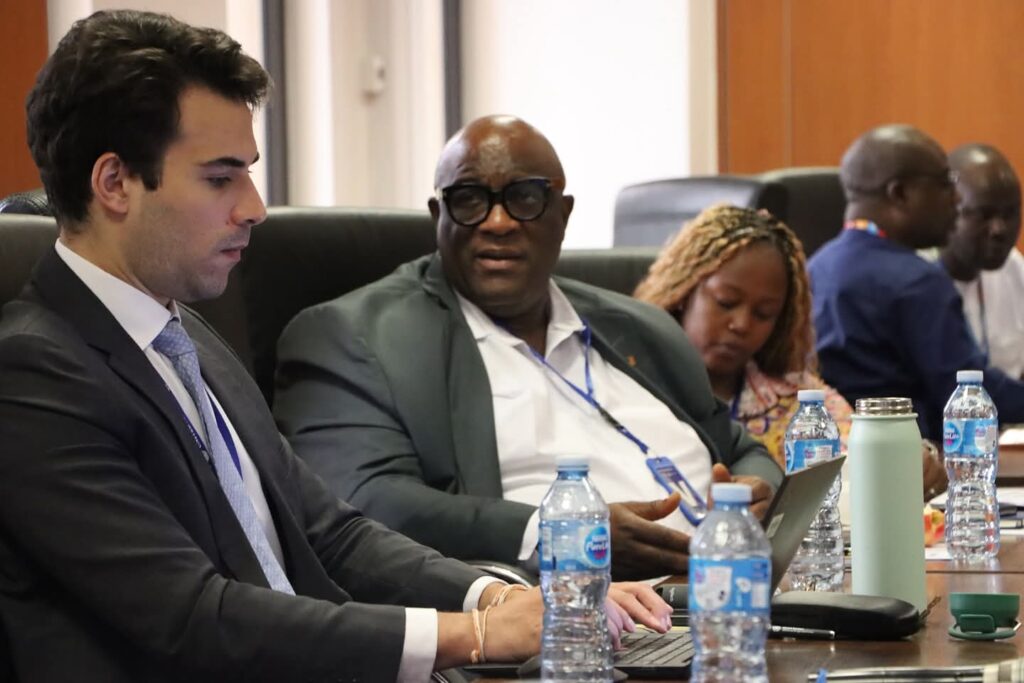
By training financial institutions to recognize the subtle signs of SOM-linked transactions, and ensuring they work hand-in-hand with law enforcement, UNODC is helping to close the loopholes that traffickers exploit.
The initiative reflects a growing global trend: tackling human smuggling not only with handcuffs, but with data, compliance, and cooperation.
The resolve is clear: every bank teller, compliance officer, and analyst is now a frontline defender in the battle to end human trafficking.
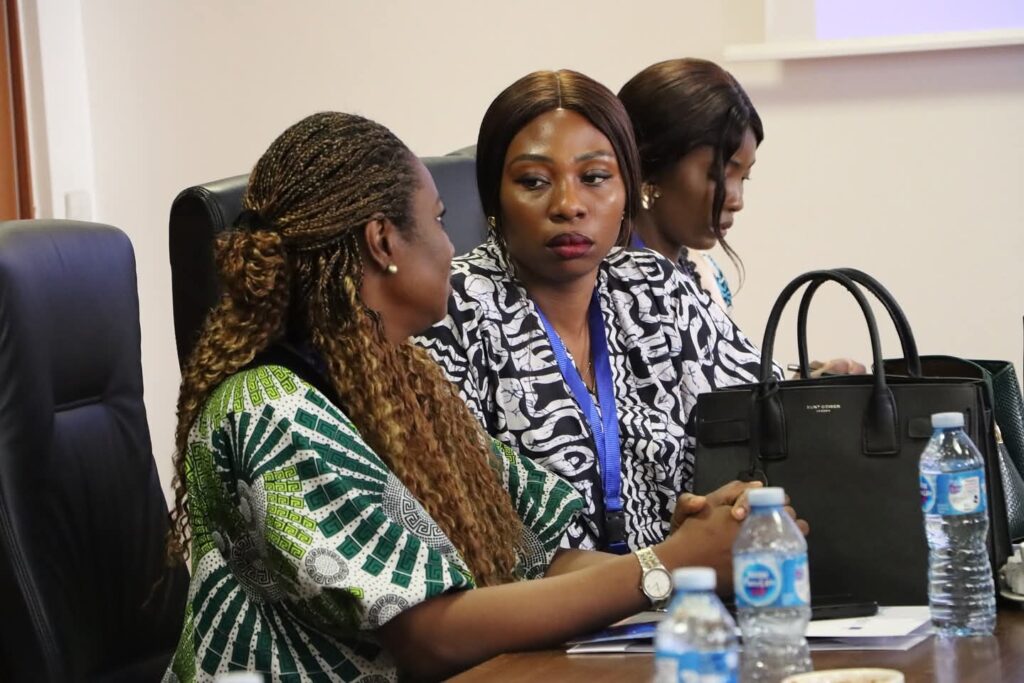
As Nigeria strengthens its financial defenses, this public-private partnership offers a new model for fighting organized crime—not just with force, but with finance.



